Issaquah Group for Health and Environmental Research (Center for Infectious Disease Research) was founded
On Mar. 26, 1976, the Issaquah Group for Health and Environmental Research (Center for Infectious Disease Research) was…
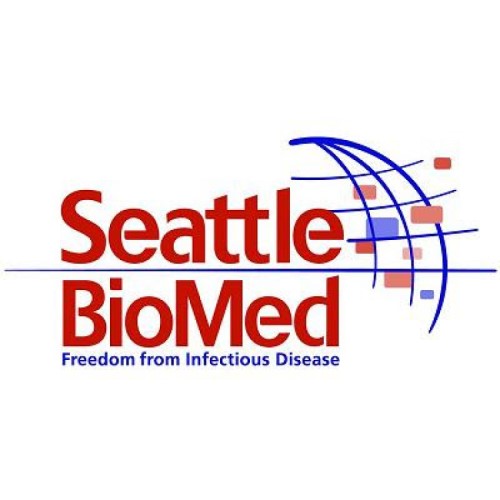
On Mar. 26, 1976, the Issaquah Group for Health and Environmental Research (Center for Infectious Disease Research) was…
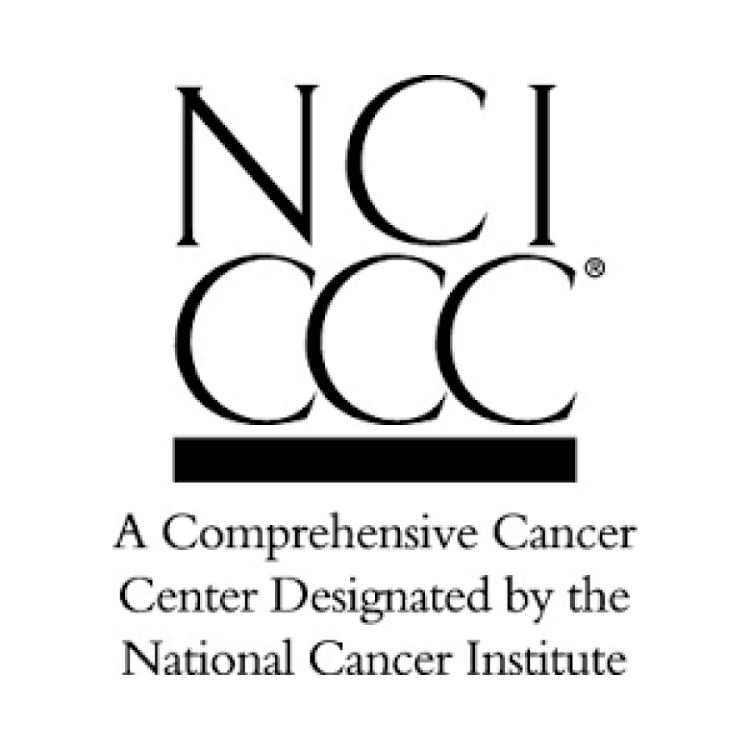
In 1976, the University of California, Los Angeles (UCLA) Jonsson Cancer Center received National Cancer Institute (NCI) “comprehensive…
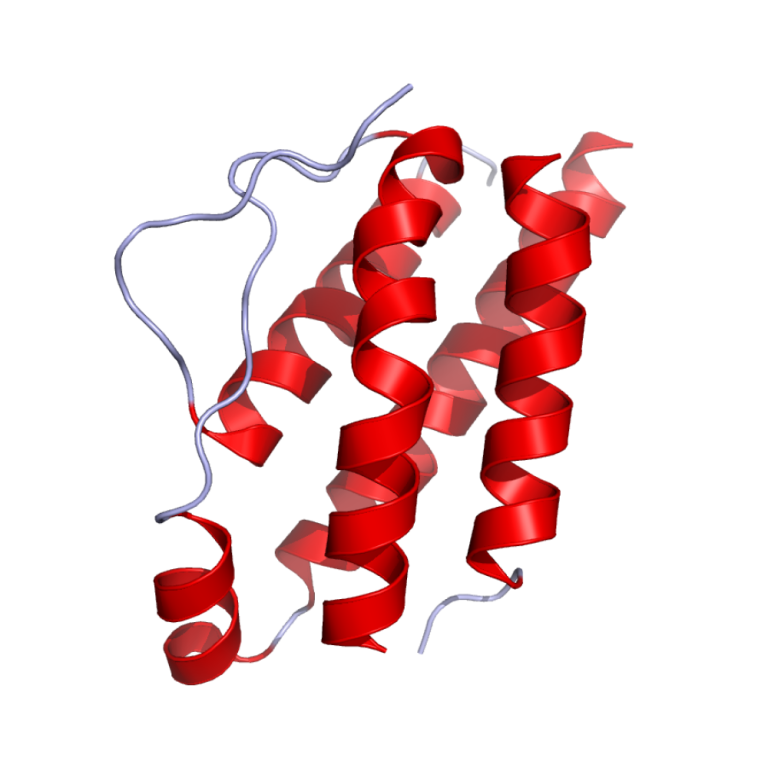
In 1976, interleukin-2 was discovered and purified which allowed researchers to grow T-cells and study their immunology, which…
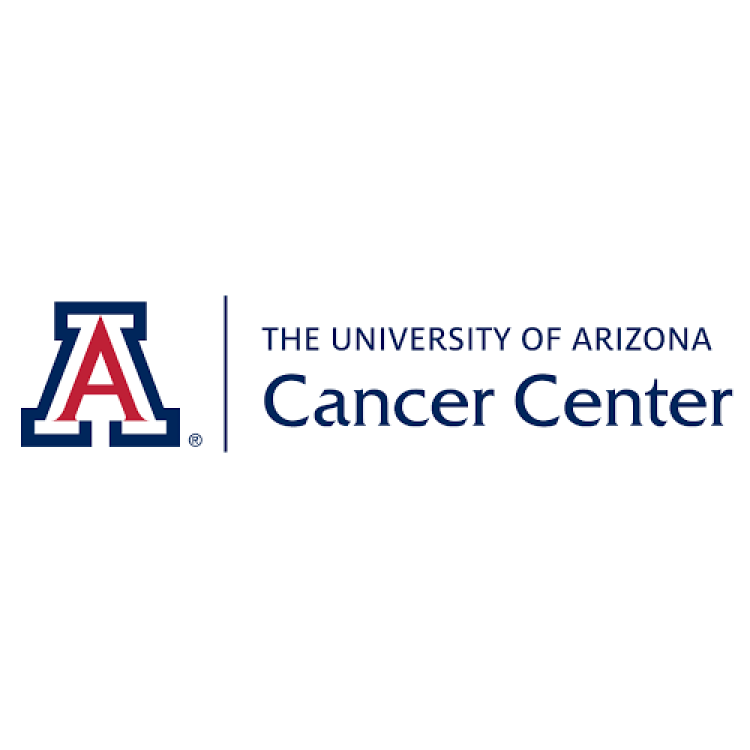
In 1976, the University of Arizona Cancer Center (UACC) was founded as a Division of The University of…
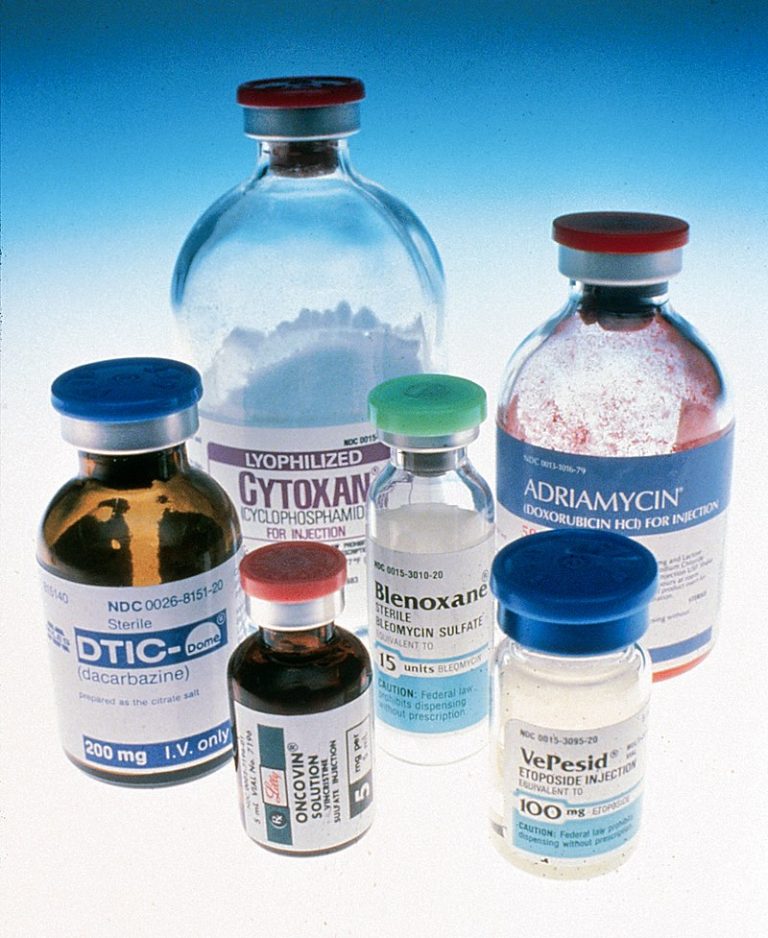
In 1976, Bristol-Myers introduced CEENU (lomustine), a chemotherapy product for brain cancer and Hodgkins lymphoma. Lomustine is an…
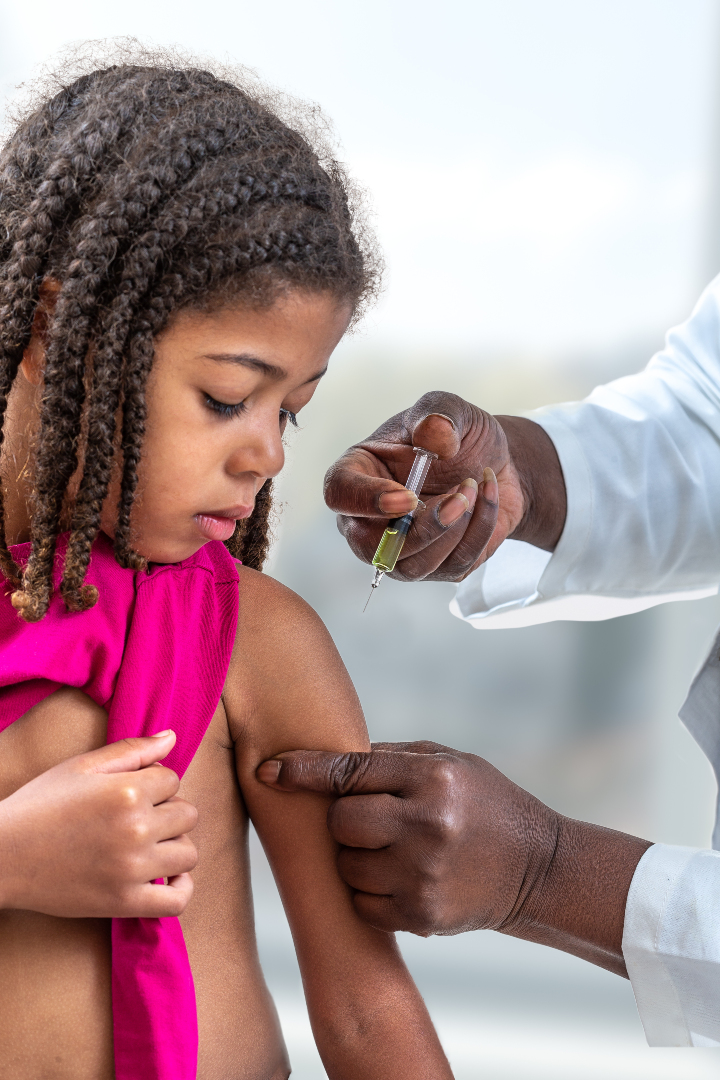
In 1975, The World Health Assembly passed a resolution to create the Expanded Programme on Immunization (EPI) to…
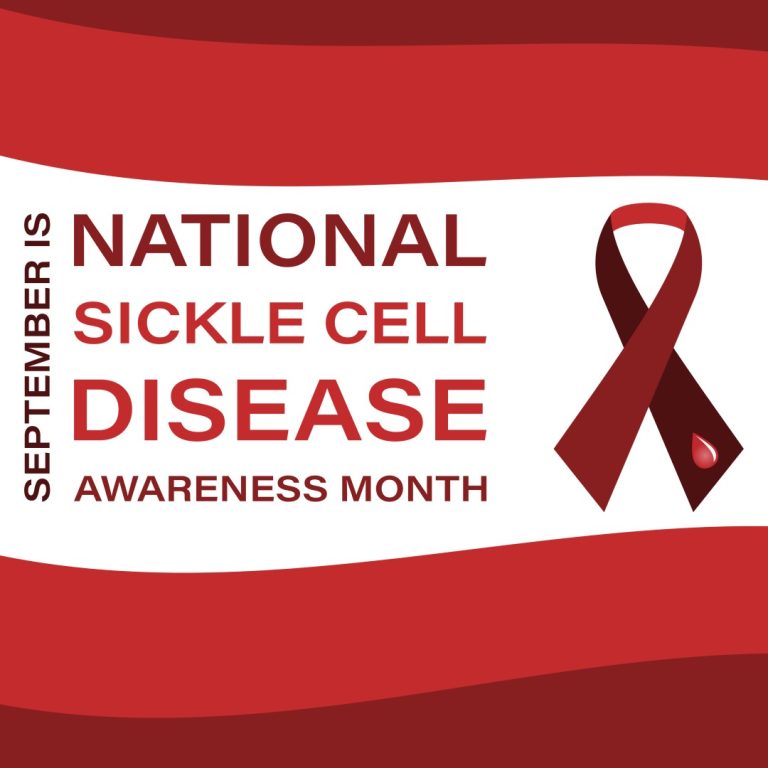
In 1975, Sickle Cell Disease Awareness Month originated when the Sickle Cell Disease Association of America and its…

In 1975, only eight institutions worldwide, mostly in developed countries, have the cold-storage capability necessary for long-term seed…
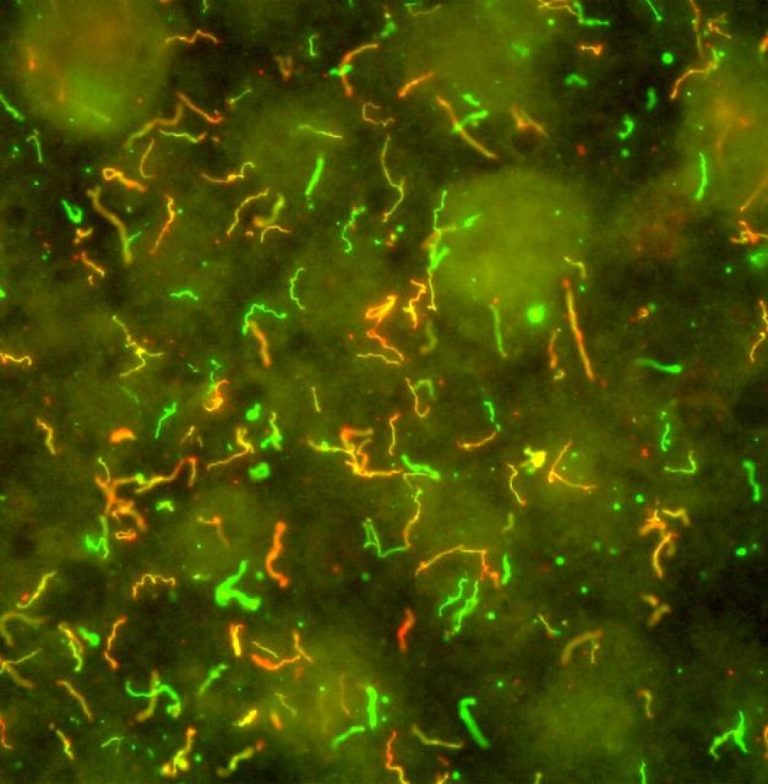
In 1975, Lyme Disease was identified and named at Yale University. The spirochete that causes Lyme disease was…

In 1975, Bristol-Myers researchers Miguel A. Ondetti and David W. Cushman created CAPOTEN (captopril) the first in a…

On Jun. 2, 1974, the Burn Center at Harborview Medical Center received its first patients. It is now…
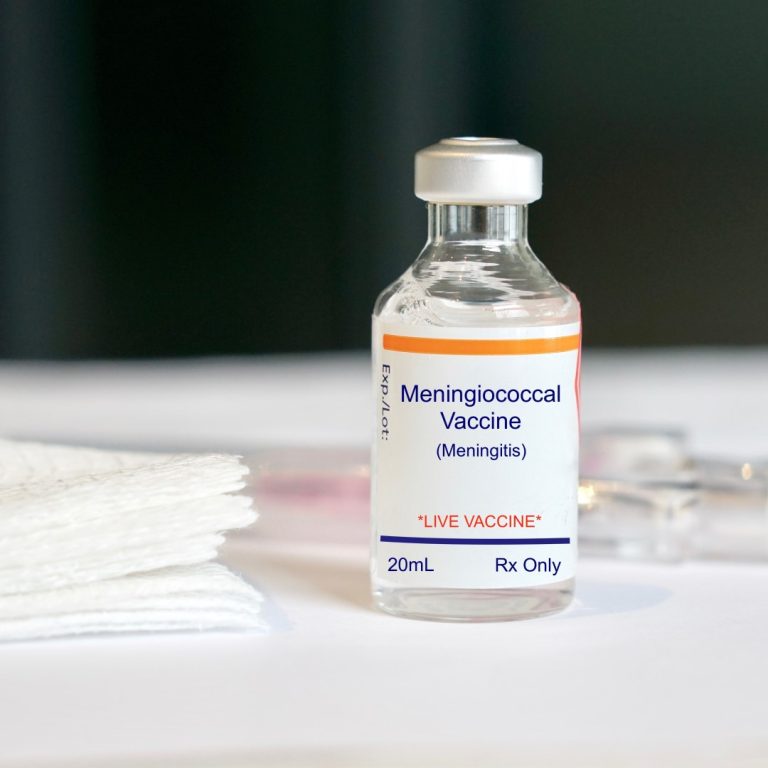
On Apr. 2, 1974, the U.S. Food and Drug Administration (FDA) licensed the first monovalent (group C) meningococcal…
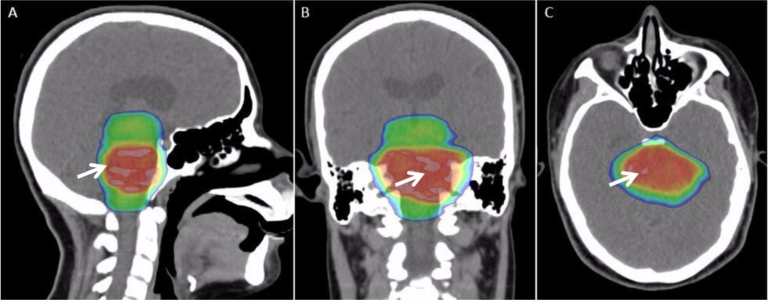
In 1974, the Cancer Therapy & Research Center (CTRC) at the University of Texas (UT) Health Science Center…

In 1974, Yale Cancer Center received a National Cancer Institute (NCI) designated comprehensive cancer center status, the only…
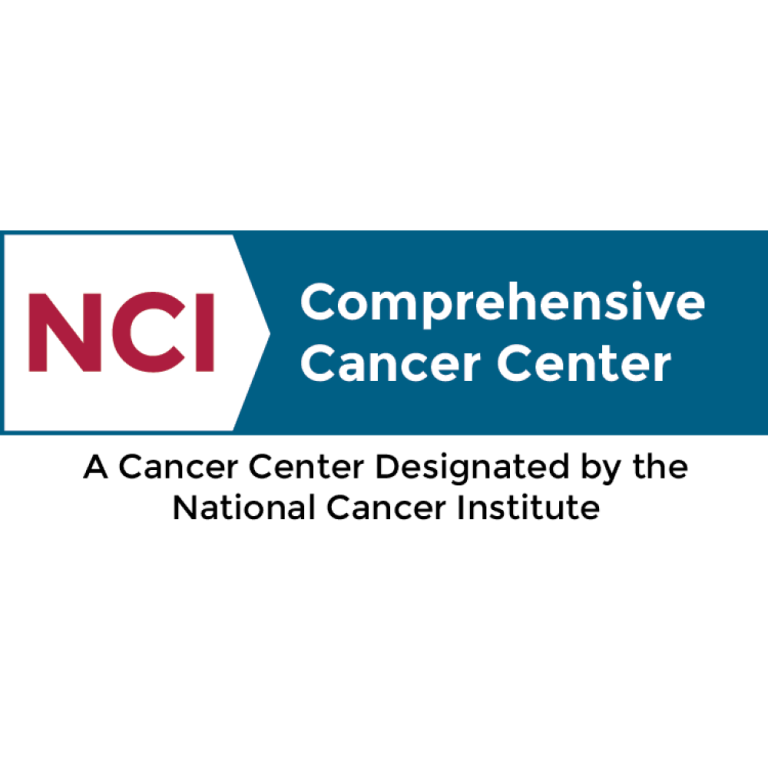
In 1974, The Massachusetts Institute of Technology (MIT) Center for Cancer Research (CCR) received National Cancer Institute (NCI)…

In 1974, the Michigan Cancer Foundation and Wayne State University formed a Joint Committee for Cancer Studies and…
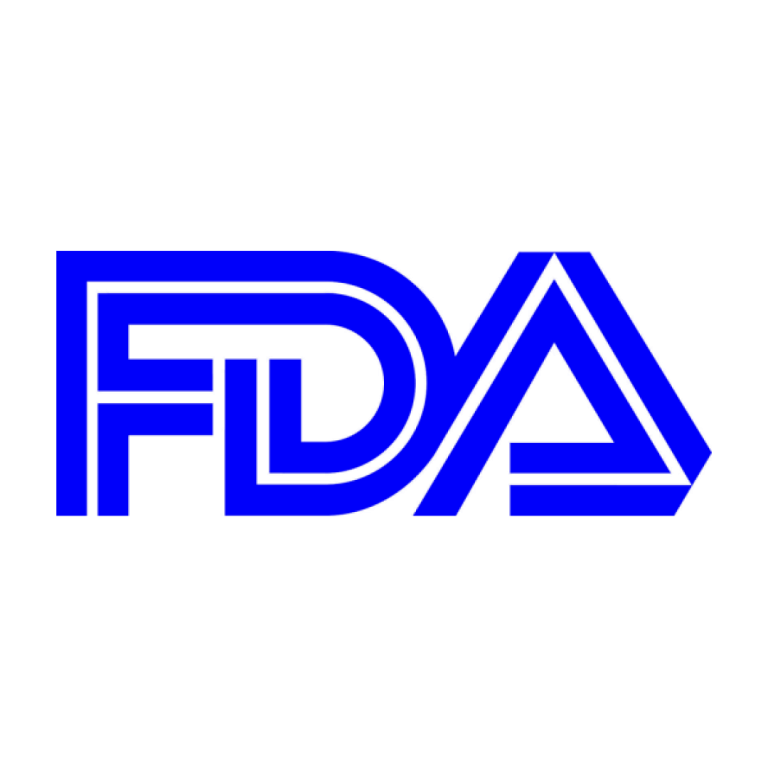
On Feb. 17, 1973, the U.S. Food and Drug Administration (FDA) announced the recall of 29,500 institutional-size cans of…
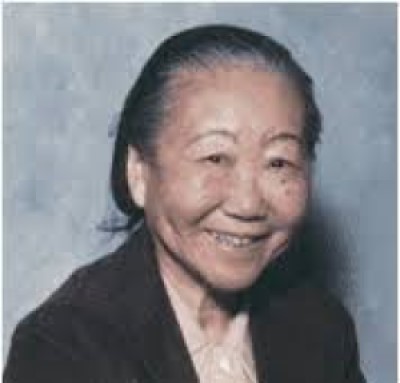
In 1973, Tsai-Fan Yu became the first woman to be appointed a full professor at Mount Sinai. She joined…
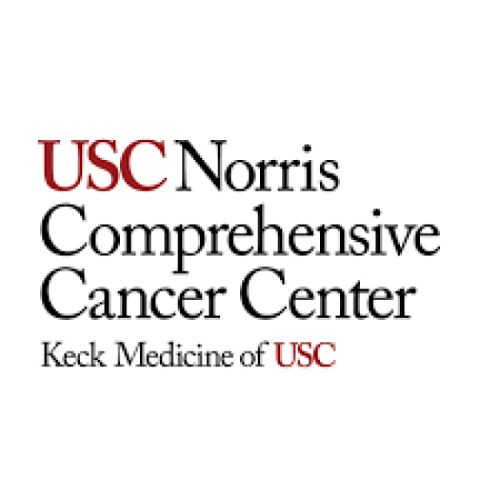
In 1973, the Norris Comprehensive Cancer Center, now the University of Southern California Kenneth Norris Jr. Cancer Center…

In 1973, the Norris Cancer Center was designated a National Cancer Institute (NCI) Comprehensive Cancer Center, one of…

In 1973, The National surveillance of Reye syndrome began in 1973 when the Center for Disease Control and…
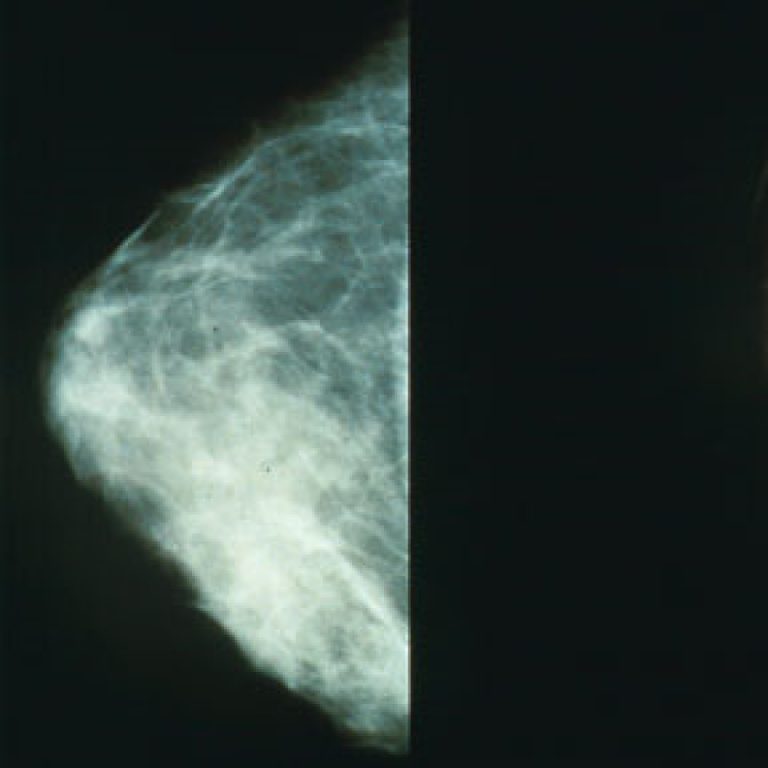
In 1973, Karmanos Cancer Institute researcher Herbert Soule, Ph.D. developed the MCF-7 human breast cancer cell line, which…

In 1973, the Michigan Cancer Foundation’s cancer registry was invited to join the National Cancer Institute’s (NCI) Surveillance,…

In 1973, the University of Wisconsin Carbone Cancer Center received National Cancer Center designation from the National Cancer…
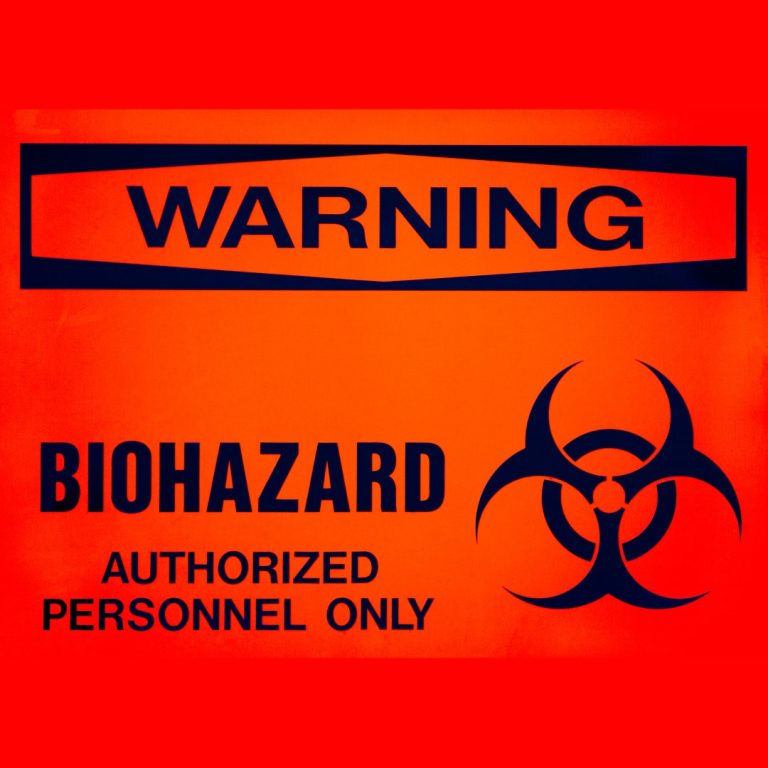
On Apr. 10, 1972, the United States, the Soviet Union and 70 other nations signed an agreement that…
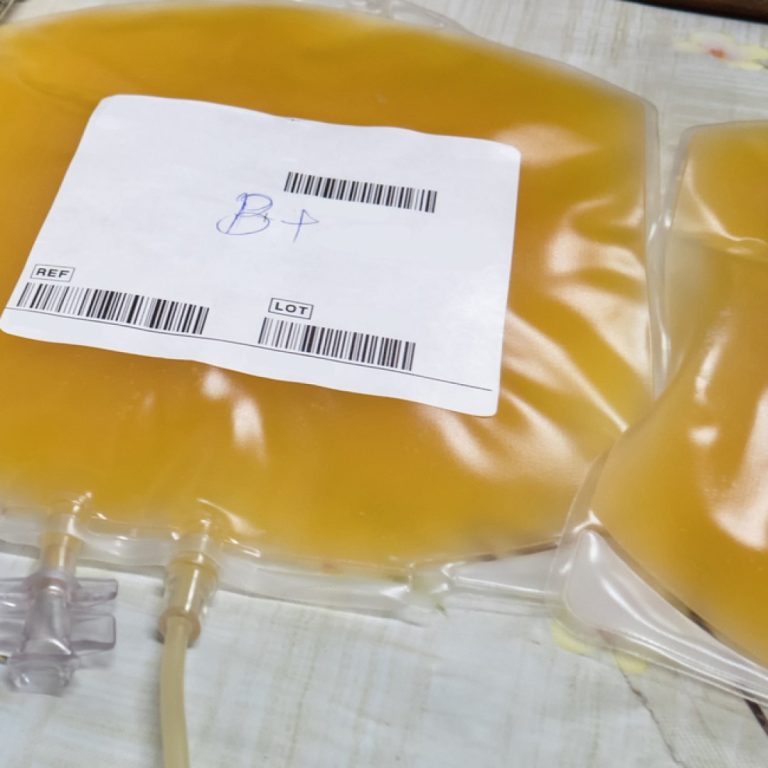
In 1972, the Food and Drug Administration’s (FDA) new Bureau of Biologics began to regulate all 7000 U.S….
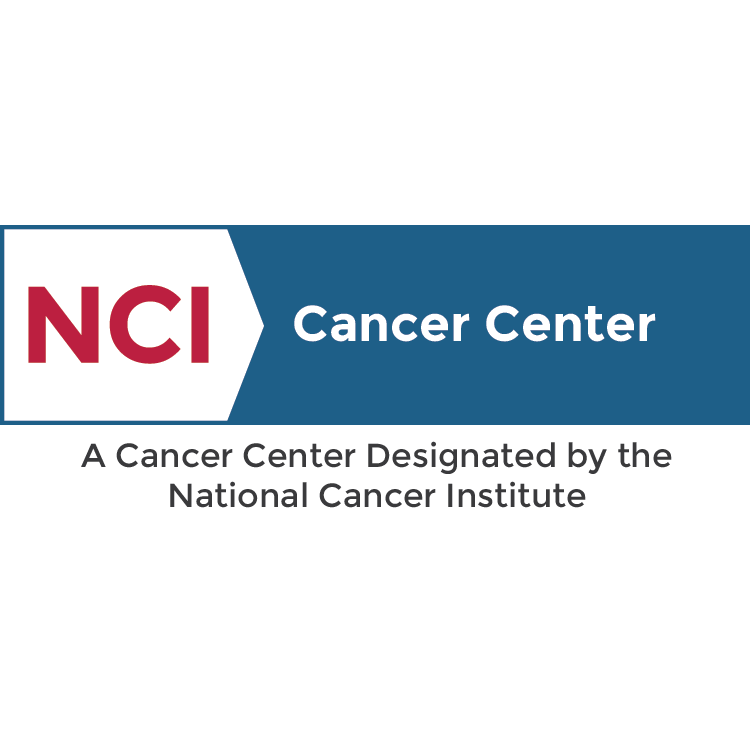
In 1972, The Wistar Institute was designated the first National Cancer Institute (NCI) Cancer Center in basic research…
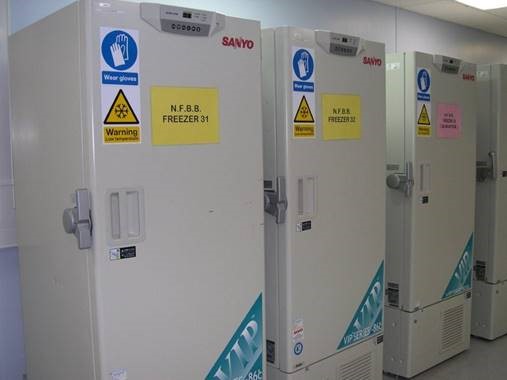
In 1972, Cook County Hospital became the first hospital to use an all frozen blood banking system. This…

On Dec. 23, 1971, the National Cancer Act enacted by President Richard Nixon as part of the nation’s…

In 1971, the U.S. Centers for Disease Control and Prevention (CDC) investigated lead exposure in El Paso, Texas,…